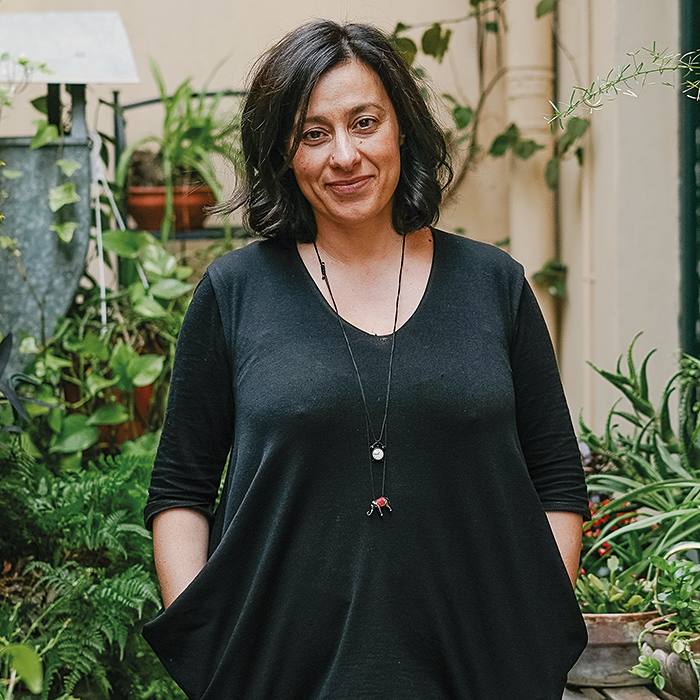For some of Greece’s most talented women, the financial crisis was a signal to migrate to jobs abroad. Others, though, saw greater opportunities at home. Below are six high-achieving women who are building the future in Greece. This article by Financial Times features also Code on the Road’s AIEF’s Project Team member, Dr Nadina Christopoulou, co-founder of the Melissa Network.
About 150 women migrants and children take part in a daily round of activities — from Greek and English classes to cookery and painting — at Melissa Network, a support centre in a gritty central Athens neighbourhood. Nadina Christopoulou, an anthropologist with a PhD from Cambridge university in the UK, co-founded Melissa (Greek for “bee”) four years ago with five women migrant community leaders already settled in Athens, just as the flow of new arrivals by sea from Turkey was gathering pace. Funded by international and local donors, Melissa also offers a childcare programme, psychological support and an advocacy service for asylum-seekers. “It’s the first solid ground under their feet, a safe place where they can build trust and community, share their stories, talk about their hopes and aspirations, and start thinking about the future,” the 47-year-old says. “We’re not just a transitional space.”

An estimated 1m migrants travelled from Greece to Germany before borders across the Balkans were closed in 2016, leaving some 50,000 refugees and asylum-seekers trapped in the country. Melissa is a haven for vulnerable women and children, mostly from Syria, Afghanistan and Iraq, living in sparsely furnished apartments or converted shipping containers in camps around the Greek capital. “The focus is on their strength and resilience, and their boundless potential,” says Christopoulou. For Suha, a Palestinian asylum-seeker from Syria with four children, Melissa provided a part-time job cooking for unaccompanied girls at a shelter and a caring space for her children when school was over. “It’s been a lifeline for us,” she says.
You can read the full article here: https://www.ft.com/content/c4ffa098-4a27-11e9-bde6-79eaea5acb64?desktop=true&segmentId=7c8f09b9-9b61-4fbb-9430-9208a9e233c8&fbclid=IwAR3jOkqZAgiuYRd4oYhTnNnivDm8ustRzg3aOUZlEpDgw1nwxXSsWJPinXs#myft:notification:daily-email:content
